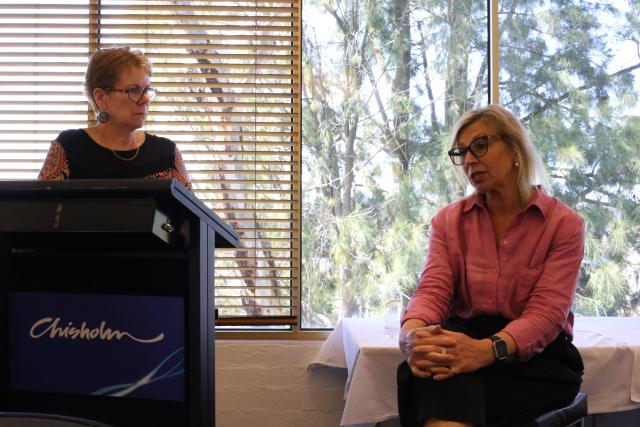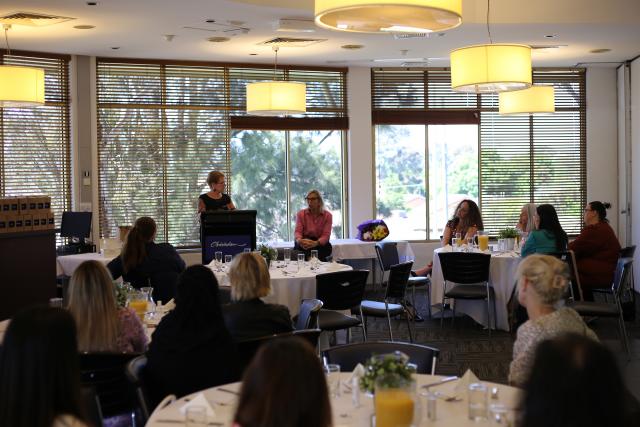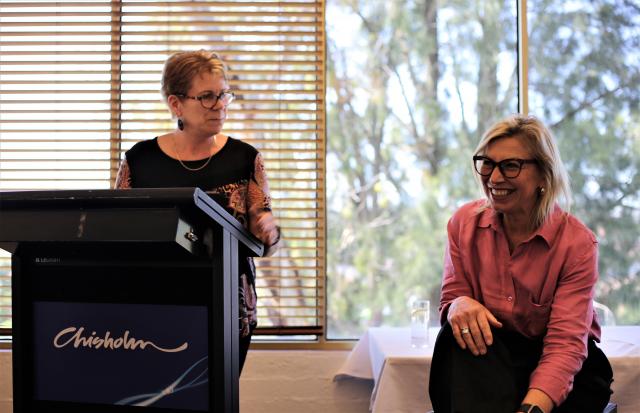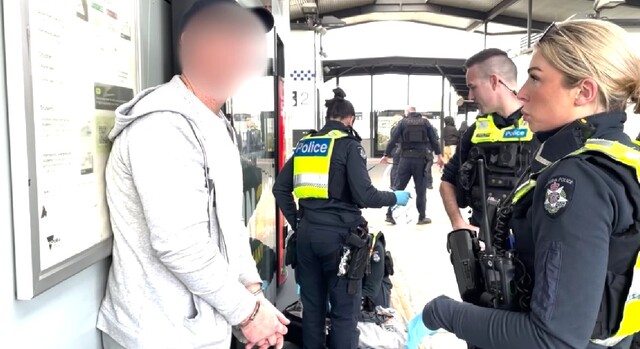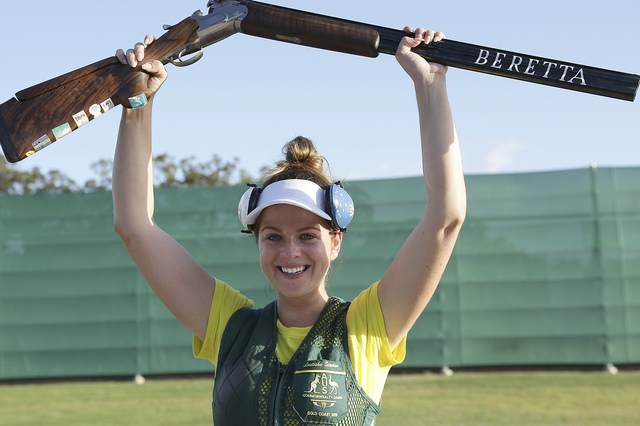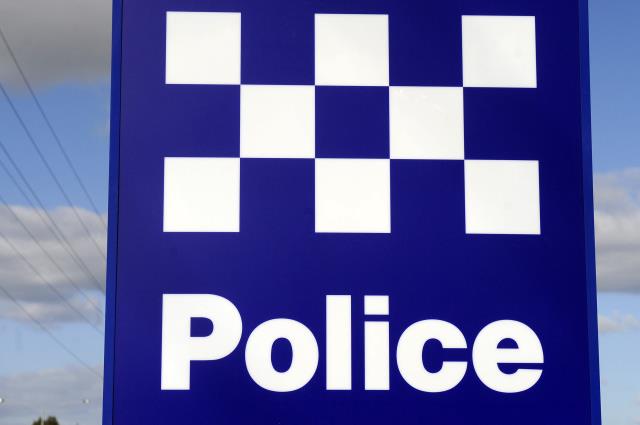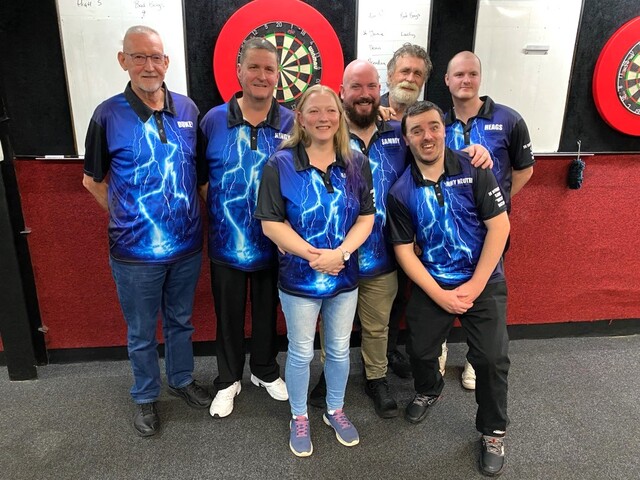A widely-publicised tragedy thrust Rosie Batty into the role of advocate and campaigner for the end of family and domestic violence (DV) in Australia.
Ms Batty pieced herself together with courage after unthinlable loss of her 11 year old son Luke, who was murdered at cricket practice by his father in Tyabb 2014.
She established the Luke Batty Foundation in 2014 to help women and children affected by family violence (FV).
A Chisholm past student, Ms Batty was invited as a guest speaker on 20 October.
“It’s been almost nine years since Luke was murdered, without having a plan or any idea of what was ahead of me,” Ms Batty said.
Ms Batty spoke of the change in public attitudes and behaviours since then. She talked about Australia’s recognition and understanding of family violence to be a significant social issue.
“Looking back in the nine years I’ve been advocating we certainly are having discussions about family violence, we certainly are aware of its presence,” Ms Batty said.
In the past, many of the institutes provided FV as an elective not a core subject.
“I did a Diploma at Chisholm, 13 years ago and I was appalled at the time when I did my family violence elective.
“I thought, how can anybody working in the welfare community services space, not recognise this (FV) as an essential component of your study not an elective,” Ms Batty said.
Later, Chisholm became the first institute to establish a new course, Graduate Certificate in Family Violence Work in 2015.
Chilsholm Deputy Dean Dr Ilsa Evans coordinated the Graduate Certificate in FV.
Dr Evans explained to the lunch gathering how the course came into being.
“It was a result of a push from industry advisory committees. It was a result of advocacy from industry. The industry looked into it and did a scope to see what was required whether there was a demand.”
In 2016 The Royal Commission passed down recommendations in FV and at that time Dr Evans and the team were to re-develop the course and that’s when she reached out to Ms Batty.
“When we got together to discuss this course, I was incredibly passionate because it was in those early stages of recognition,” Ms Batty said.
Australia has now become the third country to appoint its first Domestic, Family and Sexual Violence Commissioner, Micaela Cronin.
Appointed by the Albanese Government, Ms Cronin has a background as a social worker and was previously the president of the Australian Council of Social Service.
“It’s fantastic to see the focus on family violence and a genuine response. It’s been wonderful in Victoria, to see the support, given to the family violence sector in the reform, by the State Government,” Dr Evans said.
One in six women experienced physical or sexual violence and one woman a week is killed by her former or current partner, according to Australian Bureau of Statistics (ABS) in a 2016 Personal Safety Survey (PSS).
Coercive control is also being recognised as a dangerous form of DV. It has become a significant part of conversations on FV.
Two million adult women (23 per cent) in Australia have experienced emotional abuse also known as coercive control.
The Nation reeled from the deaths of Brisbane women, Hannah Clarke and her three children and Sydney women Preethi Reddy, both killed by their controlling partners.
After two years of research and inquiry, New South Wales parliament has set to outlaw coercive control with a maximum sentence of seven years in jail.
If passed, The Crimes Legislation Amendment (Coercive Control) Bill 2022 will make NSW the first Australian state or territory to have a dedicated stand-alone offence of coercive control.
The Bill also seeks to make the offence known as, ‘Preethi’s Law,’ in memory of Ms Reddy, who was killed after ending her relationship with her former partner.
The Guardian reported, Nithya Reddy said her sister would still be alive if coercive control had been criminalised before her murder in March 2019.
“My beloved sister, Dr Preethi Reddy, was killed by a former intimate partner who had been non-physically abusive throughout the relationship,” she said.
“She did not recognise the danger of this course of conduct as her killer’s first act of physical violence was to take her life.”

